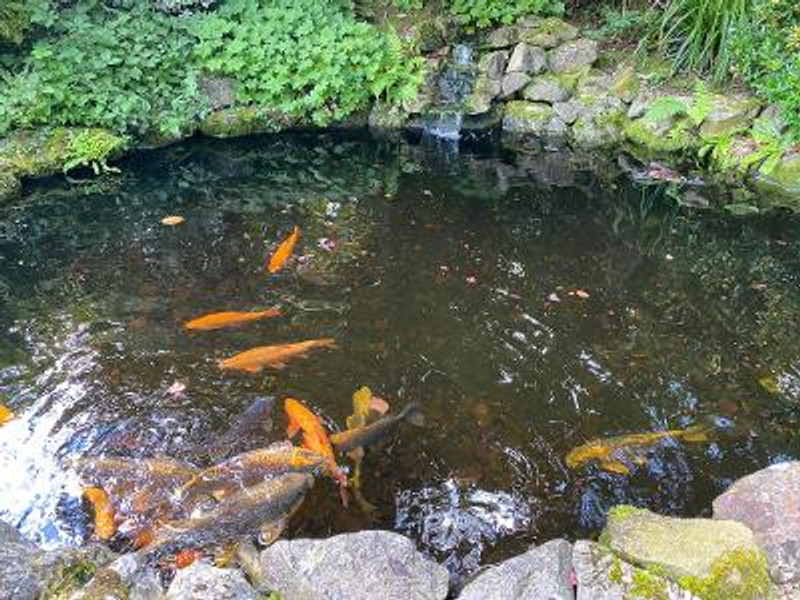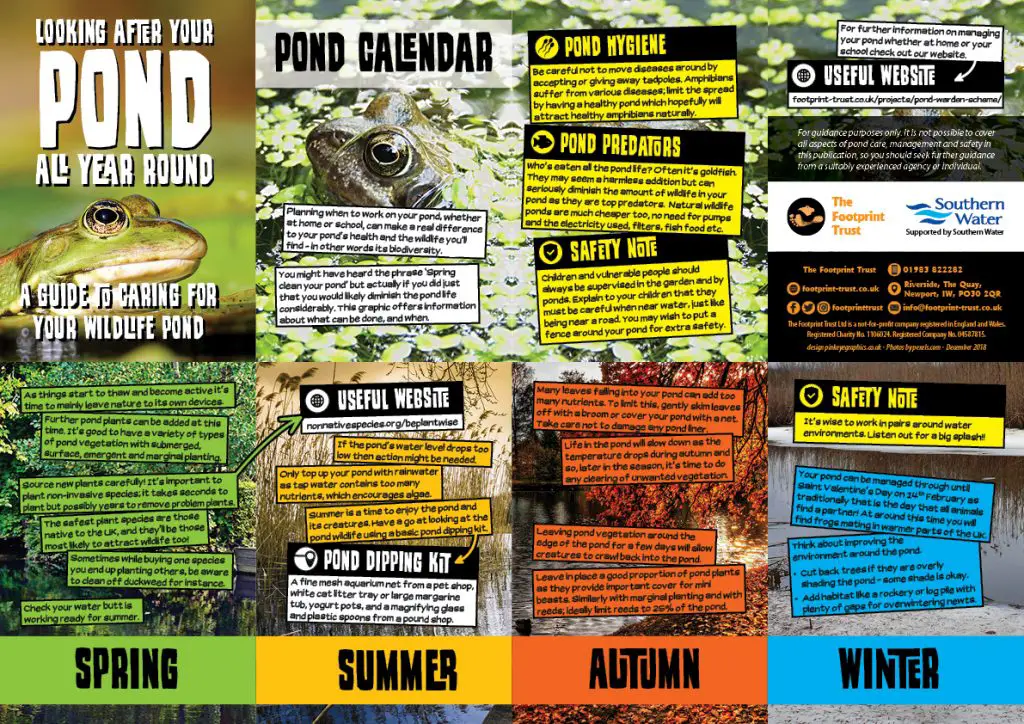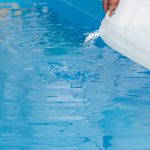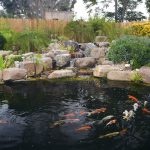Having a pond in your backyard can be a wonderful addition to your outdoor space. Ponds create a tranquil atmosphere, provide a habitat for wildlife, and enhance the overall aesthetic of your garden. However, to ensure that your pond remains healthy and beautiful, proper maintenance is essential. In this article, we will discuss some key tips on how to look after a pond effectively.
1. Regularly Clean the Pond
One of the most important tasks in pond maintenance is regular cleaning. Remove any debris such as leaves, twigs, and dead plants from the surface of the water. Use a pond skimmer or net to scoop out floating debris. This will help prevent the buildup of organic matter and keep the water clear.
2. Check Water Quality
Monitoring the water quality is crucial for the health of your pond ecosystem. Test the water regularly for pH levels, ammonia, nitrites, and nitrates. Imbalanced water chemistry can harm fish and plants in the pond. Make necessary adjustments to maintain optimal water conditions.

Credit: www.rhs.org.uk

Credit: worldofwater.com
3. Trim and Prune Plants
If you have aquatic plants in your pond, it is essential to trim and prune them regularly. Overgrown plants can inhibit oxygen flow and disrupt the balance of the pond ecosystem. Trim dead foliage and remove any invasive plants to promote healthy growth.
4. Control Algae Growth
Algae can quickly overtake a pond if left unchecked. To control algae growth, introduce aquatic plants that compete for nutrients with algae. Additionally, consider using an algaecide or a UV clarifier to keep algae under control. Proper filtration and regular water changes can also help prevent algae blooms.
5. Maintain the Filtration System
A functioning filtration system is vital for keeping your pond clean and healthy. Regularly clean and maintain the filters to ensure they are working efficiently. Check for clogs and replace filter media as needed. A well-maintained filtration system will help remove debris and maintain water clarity.
6. Feed Fish Responsibly
If you have fish in your pond, be mindful of how much you feed them. Overfeeding can lead to excess waste and nutrient buildup in the water, which can harm water quality. Feed fish small amounts at regular intervals and remove any uneaten food to prevent water contamination.
7. Protect Pond Wildlife
Ponds attract a variety of wildlife, from birds to insects to amphibians. Create a safe environment for pond wildlife by providing shelter, such as rocks or plants, and by avoiding the use of chemicals that can be harmful to animals. Respect the natural balance of the ecosystem to support biodiversity.
8. Inspect for Leaks
Regularly inspect your pond for any signs of leaks or damage. Check the liner for tears or punctures and repair them promptly to prevent water loss. Keeping your pond watertight is essential for maintaining water levels and ensuring the health of aquatic life.
9. Winterize Your Pond
As the colder months approach, it is important to prepare your pond for winter. Remove any sensitive plants and bring them indoors. Install a pond heater or aerator to prevent the water from freezing completely. Keep an opening in the ice to allow for gas exchange and prevent fish from suffocating.
10. Enjoy Your Pond
Above all, remember to enjoy your pond and the peaceful oasis it provides. Spend time relaxing by the water, observing wildlife, and tending to your plants. A well-maintained pond can bring joy and serenity to your outdoor space for years to come.
By following these tips on how to look after a pond, you can create a thriving aquatic ecosystem that enhances the beauty of your garden and provides a haven for wildlife. With proper care and maintenance, your pond will continue to flourish and bring you joy and tranquility.





